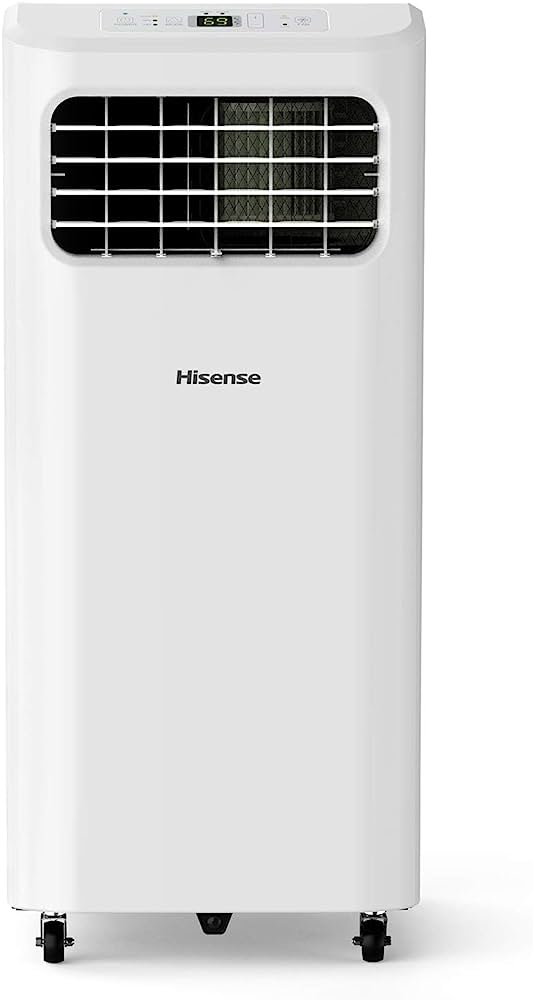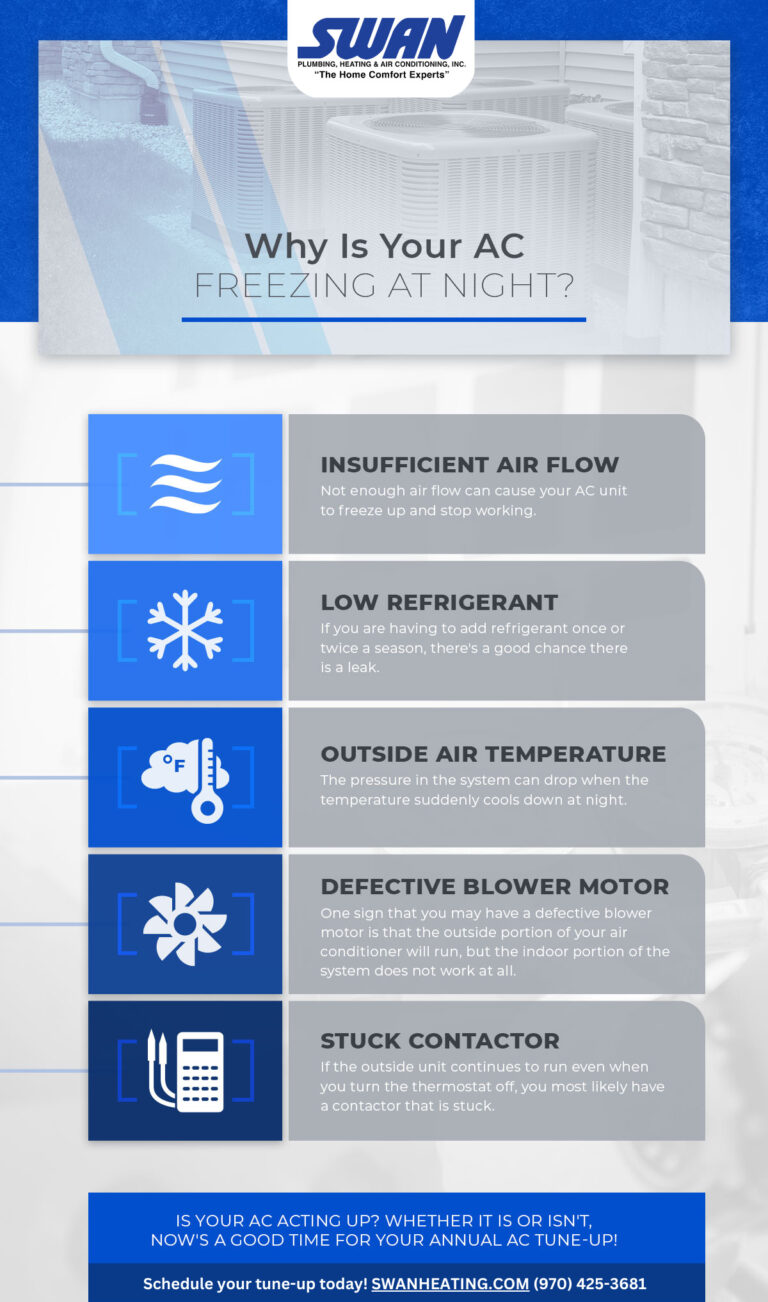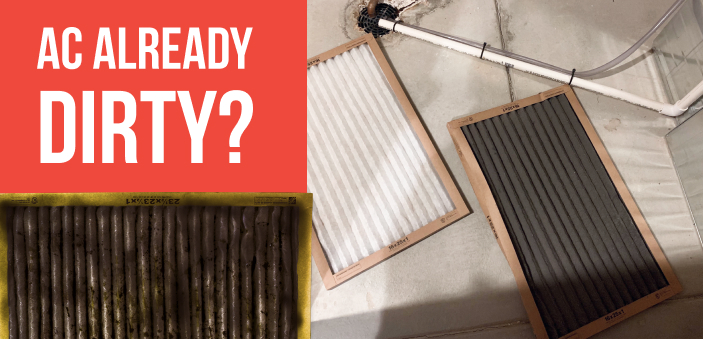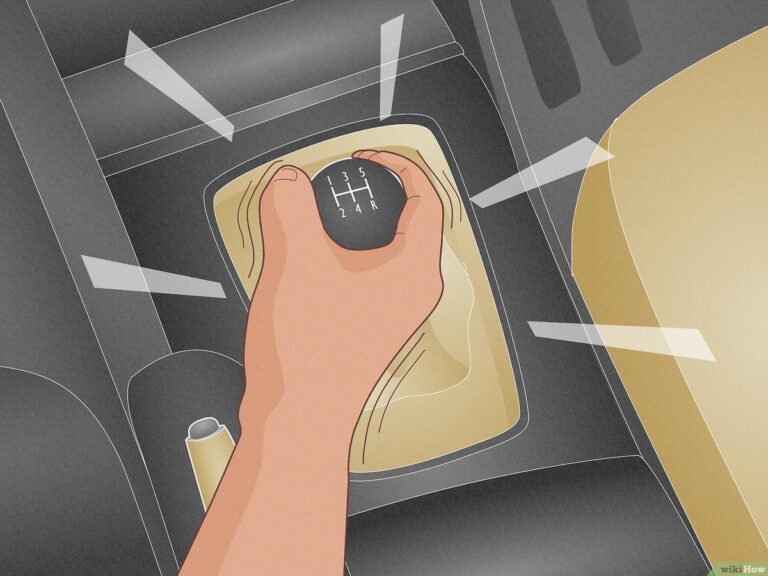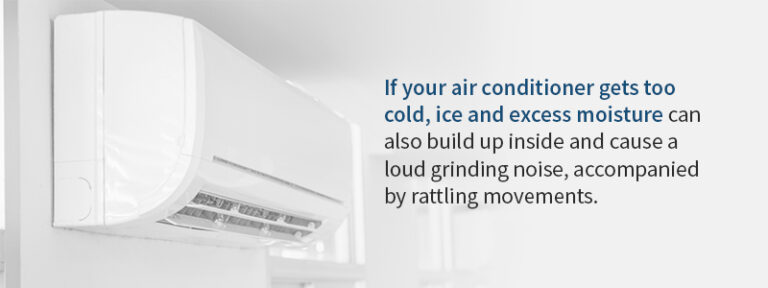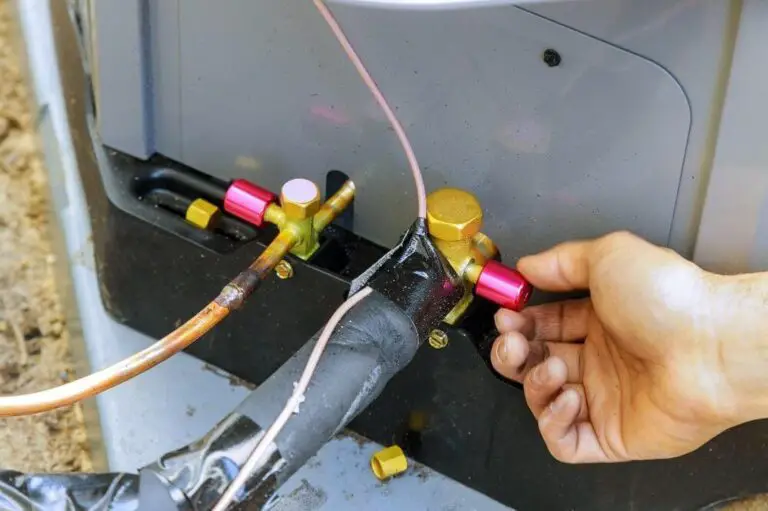Why is my Hisense Air Conditioner Constantly Filling with Water? Find out the Cause!
The Hisense Air Conditioner keeps filling with water because the unit is not draining properly, most likely due to a clogged drain line. You can try unclogging the drain line yourself or call a repairman for assistance.
Inefficient draining in air conditioners can lead to water accumulation, posing potential risks and damages to the unit. This issue can be caused by various factors such as drainage problems, frozen coils, improper installation, or low refrigerant levels. However, the most common cause is a clogged drain pipe.
It is important to locate the drain hole, typically found underneath the exterior part of a window air conditioner. If accessibility is limited, removing the AC unit from the window may be necessary. Resolving these drainage issues, such as cleaning the air filter and unclogging drain holes or condensate lines, can prevent the rapid filling of water in portable air conditioners.
Understanding The Issue With Your Hisense Air Conditioner
If your Hisense air conditioner keeps filling with water, the most likely cause is a clogged drain line. Try unclogging it yourself, or call a repairman if that doesn’t work. Avoid damage to your unit and ensure proper drainage.
If you are experiencing a situation where your Hisense portable AC keeps filling up with water, it’s important to understand the underlying reasons behind this issue. Here are some possible causes:
- Clogged Drain Line: One of the most common reasons for an AC unit to fill with water is a clogged drain line. When the drain line becomes blocked, the water cannot effectively flow out of the unit, resulting in a build-up and eventual overflow.
- Drainage Problems: Another possibility is that your air conditioner’s drainage system is not functioning properly. This can be due to a faulty drain pan or drain pump, which prevents the water from being effectively removed from the unit.
- Frozen Coil: If you notice that your Hisense AC is freezing up, it can result in excessive condensation and water accumulation. When the coil becomes frozen, it obstructs the normal flow of air and causes moisture to collect inside the unit.
- Improper Installation: It’s important to ensure that your air conditioner is installed correctly. If the unit’s installation is faulty, it can lead to water leakage and an overflow of the drain pan.
- Low Refrigerant Levels: In some cases, an AC unit with low refrigerant levels can cause water to accumulate. When the refrigerant levels are insufficient, the evaporator coil cannot effectively absorb heat, resulting in excess condensation and water build-up.
To address the issue of your Hisense air conditioner filling with water, here are some possible solutions:
- Check and Unclog the Drain Line: Start by inspecting the drain line for any blockages. You can use a wet-dry vacuum or a pipe cleaner to remove any debris obstructing the flow of water.
- Ensure Proper Drainage: Make sure that the drain pan and drain pump are functioning correctly. If you suspect any issues with these components, consider contacting a professional technician to inspect and repair them.
- Thaw Frozen Coil: If you notice that your air conditioner’s coil is frozen, switch off the unit and allow it to thaw completely. Once it is defrosted, the excess water should drain out naturally.
- Double-check Installation: If you suspect that the installation of your AC unit is incorrect, it’s best to consult a professional technician. They will be able to assess the installation and make any necessary adjustments or repairs.
- Check Refrigerant Levels: If you believe that low refrigerant levels are causing the water accumulation, it is recommended to contact a professional HVAC technician to check and refill the refrigerant if necessary.
By understanding the possible causes and solutions for a Hisense air conditioner filling with water, you can take appropriate action to resolve the issue and ensure optimal performance of your AC unit.

Credit: www.nytimes.com
Investigating A Clogged Drain Line
If your Hisense air conditioner keeps filling with water, the most likely cause is a clogged drain line. Try unclogging the drain line yourself, but if that doesn’t work, it’s best to call a repairman.
How To Check If The Drain Line Is Clogged?
To determine if the drain line of your Hisense air conditioner is clogged, follow these simple steps:
- Inspect the area around the unit: Look for any signs of water pooling or dripping from the air conditioner. This could indicate a clogged drain line.
- Check the condensate drain pan: Remove the front panel of the air conditioner to access the condensate drain pan. If it is filled with water, there is likely a drainage issue.
- Observe water flow during operation: Pay attention to the water flowing out of the unit while it is running. If there is little to no water coming out, it could be due to a clogged drain line.
Signs And Symptoms Of A Clogged Drain Line
A clogged drain line in your Hisense air conditioner can lead to several noticeable signs and symptoms, including:
- Water pooling or dripping from the air conditioner unit
- Excessive moisture or humidity in the room
- Musty or mildew odor emanating from the air conditioner
- Reduced cooling performance
- Ice buildup on the evaporator coils
If you notice any of these signs, it is likely that your drain line is clogged and requires attention.
Simple Steps To Inspect The Drain Line For Blockages
Inspecting the drain line of your Hisense air conditioner for blockages is a relatively straightforward process. Follow these steps to check for and clear any obstructions:
- Turn off the air conditioner: Before inspecting the drain line, be sure to turn off the unit and unplug it from the power source.
- Locate the drain line: The drain line is typically a small plastic tube located at the back or bottom of the air conditioner. It usually extends outside or connects to a condensate pump.
- Remove any obstructions: Use a thin wire or pipe cleaner to gently remove any debris or buildup that may be blocking the drain line. Be careful not to damage the line.
- Flush with water: Once the blockage is cleared, flush the drain line with water to ensure proper drainage. You can use a small funnel or pour water directly into the line, making sure it flows freely.
- Test the drainage: Turn on the air conditioner and observe the water flow from the drain line. If the water is now flowing smoothly, the blockage has been successfully cleared.
Remember, if you’re unsure about inspecting or unclogging the drain line yourself, it’s best to contact a professional repairman to avoid causing further damage to your Hisense air conditioner.
Diy Solutions For Unclogging The Drain Line
If your Hisense air conditioner keeps filling with water, it is likely due to a clogged drain line. You can try DIY solutions to unclog the drain line yourself, but if that doesn’t work, it’s best to call a repairman to fix the issue.
Resulting in the accumulation of water in the Hisense air conditioner. If you’re facing this issue, don’t worry! There are several DIY solutions you can try to unclog the drain line and get your air conditioner back to working properly.
Below, we’ll outline three effective methods to help you troubleshoot the problem.
Steps To Unclog A Clogged Drain Line:
Using A Wet/Dry Vacuum:
- Start by locating the drain line outlet, usually located near the outdoor unit.
- Attach the wet/dry vacuum to the drain line outlet.
- Turn on the vacuum and let it run for a few minutes to extract any clogs or debris.
- Once you’re done, check if the water is now flowing freely through the drain line. If not, proceed to the next method.
Using A Drain Snake Or Wire:
- Find the access point for the drain line, commonly located on the indoor unit.
- Insert the drain snake or wire into the drain line, gently pushing it in until you feel resistance.
- Rotate the snake or wire to break up any clogs or obstructions.
- Slowly remove the snake or wire, taking care not to damage the drain line.
- Finally, check if the water is draining properly through the line. If not, move on to the next method.
Flushing The Drain Line With A Solution:
- Prepare a solution of equal parts vinegar and water.
- Locate the access point for the drain line and pour the solution into it.
- The solution will circulate through the line, helping to dissolve any clogs or buildup.
- Leave the solution in the drain line for around 30 minutes.
- After the designated time, flush the drain line with clean water to remove any remaining debris.
- Verify if the water is now flowing freely through the drain line.
Remember, if these DIY solutions don’t resolve the issue and your Hisense air conditioner continues to fill with water, it may be best to call in a professional repairman. They have the expertise to identify and fix any underlying problems with the drainage system.
By following these steps, you can successfully unclog the drain line and ensure the proper functioning of your Hisense air conditioner.
When To Call A Professional Repairman
If your Hisense air conditioner keeps filling with water, it may be due to a clogged drain line. You can try unclogging it yourself, but if that doesn’t work, it’s best to call a professional repairman.
When Diy Solutions Don’T Work:
- Check the drain line for any blockages or clogs. If you notice any debris or buildup, try unclogging it using a pipe cleaner or a wet/dry vacuum.
- Inspect the drain pan underneath the air conditioner for any signs of damage or cracks. If you find any, the pan may need to be replaced.
- Clean the air filter regularly to ensure proper airflow and prevent condensation from building up inside the unit.
- Ensure that the air conditioner is properly installed and level. A tilted unit can cause water to accumulate.
- Make sure the condensate drain line is properly connected to a drainage system or a condensate pump.
Seeking Help From A Professional:
- If your DIY attempts have not resolved the issue, it’s time to seek help from a professional repairman. They have the expertise and specialized tools to diagnose and fix complex problems.
- Professional repairmen can identify underlying issues that may not be apparent to amateur DIYers, preventing further damage to your air conditioner.
- They can also provide guidance on maintaining your air conditioner to prevent future water accumulation issues.
Benefits Of Hiring A Professional Repairman:
- Professional repairmen have the necessary knowledge and experience to quickly diagnose and solve the problem, saving you time and frustration.
- They can ensure that the repairs are done correctly, reducing the risk of future issues and potentially costly repairs.
- Hiring a professional ensures your safety and peace of mind, as they are trained to handle electrical components and refrigerants safely.
What To Expect During The Repair Process:
- A professional repairman will start by inspecting your air conditioner and assessing the cause of the water accumulation.
- They will then propose a solution and provide you with a cost estimate for the repair.
- Once you give them the go-ahead, they will proceed with the necessary repairs, which may involve cleaning or replacing components, unclogging the drain line, or fixing any leaks.
- The repairman will test the unit to ensure it is working properly and that the water accumulation issue is resolved.
- They will also offer advice on how to prevent similar issues in the future and may recommend regular maintenance to keep your air conditioner in optimal condition.
Remember, if your Hisense air conditioner continues to fill with water and DIY solutions haven’t resolved the issue, it’s best to call a professional repairman. They have the expertise to identify and fix the problem, ensuring your air conditioner functions efficiently and effectively.
Preventive Measures To Avoid Future Issues
To prevent your Hisense air conditioner from filling with water, you should check for a clogged drain line and unclog it if necessary. If the problem persists, it’s best to call a repairman for further assistance. Keep your AC unit functioning properly by taking preventive measures.
:
Tips For Preventing Clogged Drain Lines:
- Regularly inspect the drain line of your Hisense air conditioner to ensure it is not clogged.
- Clean the drain line by using a mixture of vinegar and water to flush out any debris or buildup.
- Avoid placing any objects or debris near the air conditioner’s condensate drain line to prevent blockages.
- Install a drain line trap to catch any debris before it enters the drain line, preventing clogs.
Regular Maintenance To Ensure Proper Drainage:
- Schedule regular maintenance for your Hisense air conditioner, including cleaning and inspecting the drain line.
- Clean the air conditioner’s evaporator coil to prevent dust and debris buildup, which can lead to drain line clogs.
- Replace or clean the air filter regularly to prevent dust and dirt from entering the air conditioner and potentially clogging the drain line.
- Check the condensate pan for any signs of mold or algae growth and clean it if necessary.
Importance Of Professional Annual Servicing:
- Hire a professional technician to perform annual servicing on your Hisense air conditioner.
- During the service, the technician will thoroughly inspect and clean the drain line to ensure proper drainage.
- Professional servicing can identify any potential issues with the air conditioner and address them before they become major problems.
- Regular servicing can help prolong the lifespan of your Hisense air conditioner and prevent water accumulation issues.
Remember, taking preventive measures is essential to avoid future water-filling issues with your Hisense air conditioner. By following these tips, you can ensure proper functioning and prevent drain line clogs. Regular maintenance and professional servicing will keep your air conditioner in top condition, allowing for efficient cooling and avoiding any water-related problems.
Frequently Asked Questions For Hisense Air Conditioner Keeps Filling With Water
Why Does My Hisense Portable Ac Keep Filling Up With Water?
Your Hisense portable AC may be filling up with water because the unit is not draining properly, possibly due to a clogged drain line. Try unclogging the drain line yourself, but if that doesn’t work, it’s best to call a repairman.
Why Does My Ac Unit Keep Filling Up With Water?
The likely reason your AC unit keeps filling up with water is a clogged drain line. Try unclogging it yourself, but if that doesn’t work, call a repairman.
Where Is Drain Hole On Hisense Window Air Conditioner?
The drain hole on a Hisense window air conditioner is typically located underneath the exterior part of the unit that hangs out of the window. Access to the drain hole may require going outside or removing the AC from the window.
Why Does My Hisense Portable Ac Keep Filling Up With Water?
The Hisense air conditioner keeps filling with water because the unit is not draining properly. The most likely cause is a clogged drain line. You can try unclogging the drain line yourself, but if that doesn’t work, you’ll need to call a repairman.
Conclusion
If your Hisense air conditioner keeps filling with water, the most likely cause is a clogged drain line. This can prevent the unit from properly draining the water it collects during operation. To resolve this issue, you can try unclogging the drain line yourself by using a small brush or a wire to remove any blockage.
Alternatively, you may need to call a repairman to professionally clear the clog and ensure proper drainage. It’s important to address this problem promptly because a continuously filled drain pan can lead to other issues such as water damage, mold growth, and decreased cooling efficiency.
Regular maintenance and cleaning of your air conditioner, including checking the drain line, can help prevent this problem from occurring. Remember, if you’re unsure or uncomfortable with troubleshooting the issue yourself, it’s always best to seek the assistance of a professional HVAC technician to ensure the problem is resolved correctly and efficiently.

